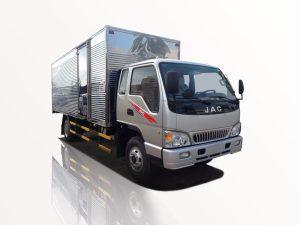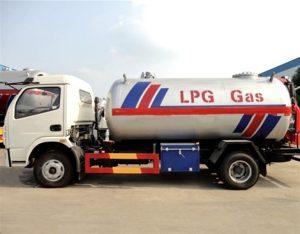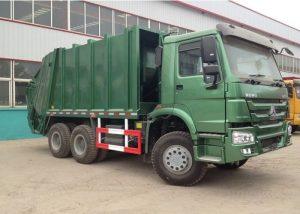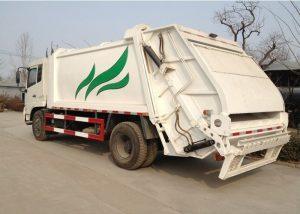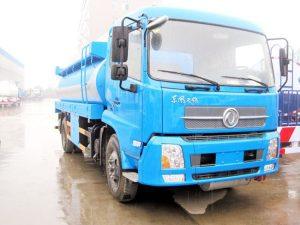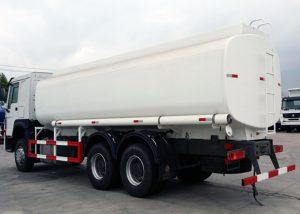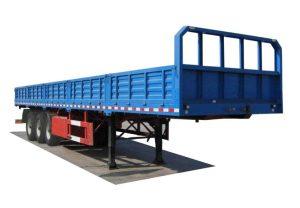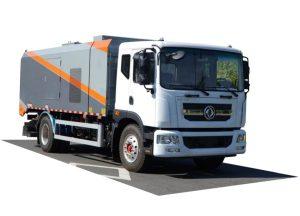Monday to Saturday - 8:00 -17:30
Load It Up Recycling Truck: A Comprehensive Guide
In a world increasingly focused on sustainability and responsible waste management, the concept of a “load it up recycling truck” is gaining popularity. This guide delves into how these trucks operate, their benefits, and practical tips for effectively utilizing their services. We will cover everything from the types of materials that can typically be recycled to best practices in preparing your items for collection. By the end of this article, you will be equipped with the knowledge to take full advantage of load it up recycling truck services in your community.
Understanding Load It Up Recycling Trucks
Load it up recycling trucks are specialized vehicles designed to collect recyclable materials from various locations. They are equipped to handle bulk items and those categorized as hard-to-recycle. Understanding the mechanics of these trucks is key to maximizing their utility.
How Load It Up Recycling Trucks Operate
These trucks operate on a regular schedule, similar to garbage collection services. They often partner with local municipalities or private recycling companies. Here’s how the process generally works:
- Scheduling a Pickup: Residents or businesses schedule a pickup, typically online or via phone.
- Load Capacity: The truck has a defined load capacity, which can vary based on the vehicle size.
- Collection Process: On the scheduled day, the truck arrives to collect the designated recyclables from the specified location.
Types of Load It Up Recycling Trucks
Various types of recycling trucks are utilized based on the materials they are designed to collect:
- Flatbed Trucks: Used for larger, bulk items like furniture and appliances.
- Compactors: Designed for highly dense loads such as mixed recyclables.
- Box Trucks: Ideal for residential pickups where items can be loaded easily through the back.
The Importance of Recycling
Recycling plays a vital role in preserving the environment. It conserves natural resources and reduces energy consumption. Here are several reasons why recycling is important:
Environmental Benefits
- Resource Conservation: Reduces the need for raw materials.
- Pollution Reduction: Less waste ending up in landfills means lower emissions.
- Energy Savings: Recycling materials often requires less energy than producing new products.
Economic Advantages
Recycling supports local economies by creating jobs in the recycling and manufacturing sectors. It also promotes sustainable business practices.
Community Impact
Participating in recycling initiatives fosters community engagement and encourages responsible waste disposal habits among residents.
What Can Be Recycled?
Understanding what materials can be recycled is crucial for effective waste management. Here’s a detailed breakdown:
Commonly Accepted Items
| Material | Recycling Information |
|---|---|
| Paper | Most paper products such as newspapers, magazines, and cardboard. |
| Plastics | Check recycling codes—commonly, #1 and #2 are accepted. |
| Metals | Aluminum cans (like beverage cans) and steel food cans. |
| Glass | Bottles and jars are typically recyclable; however, check local guidelines. |
Items Often Not Accepted
- Pizza boxes (contaminated with grease)
- Plastic bags (unless specified by your local program)
- Polystyrene foam (commonly known as Styrofoam)
Preparing Items for Pickup
To ensure your recycling is processed correctly, preparation is key. Here are practical tips to follow:
Cleaning Your Recyclables
Rinse containers to remove food residues, which can contaminate other recyclables.
Sorting Materials
Separate materials by type (paper, plastic, metal, glass) to streamline the recycling process.
Handling Bulky Items
For large, bulky items like furniture or appliances, check local guidelines for any preparatory steps required before pickup. Items may need to be disassembled or placed in a specific location for collection.
Choosing the Right Recycling Service
Finding a reliable recycling truck service is essential for effective waste management. Here are some factors to consider:
Local Services vs. National Chains
Research whether local services provide personalized attention and tailored services compared to larger chains, which may operate on a one-size-fits-all model.
Reputation and Reviews
Check customer reviews and testimonials to gauge service quality and reliability.
Pricing Structure
Understand the pricing, including any hidden fees associated with specialized services or bulky item pickups.
Innovations in Recycling Truck Technology
Advancements in technology are continuously improving recycling services. Here are some notable innovations:
Smart Recycling Trucks
Some companies are incorporating GPS and analytics to optimize recycling routes, making their services more efficient.
Automated Loading Systems
New trucks are designed with automated systems that streamline the loading process, reducing the time and labor needed for collection.
Education and Awareness Campaigns
Community education is crucial for promoting recycling initiatives. Here are ways to foster awareness:
Workshops and Seminars
Organizing events to educate residents about recycling practices can significantly increase participation rates.
Collaboration with Schools and Local Businesses
Engaging schools and businesses in recycling programs can help spread knowledge and create a culture of sustainability.
FAQ Section
1. How do I schedule a pickup with a recycling truck?
You can typically schedule a pickup through the recycling company’s website or by calling their customer service line.
2. Are there any fees associated with the recycling pickup?
Fees can vary based on the service provider and the types of materials being collected. Always check for any hidden costs.
3. What should I do if my item can’t be recycled?
For non-recyclables, check local guidelines for disposal options—some items may require special handling.
4. Can I put electronics in the recycling truck?
Not all recycling trucks accept electronics due to specific regulations. Check with your local service provider for their guidelines.
5. Is there a limit to the amount of recyclables I can set out?
Many services have weight or volume limits. Be sure to confirm with your recycling provider.
6. How can I learn more about my community’s recycling program?
Visit your local government’s website or contact waste management services for detailed information about your community’s programs.


